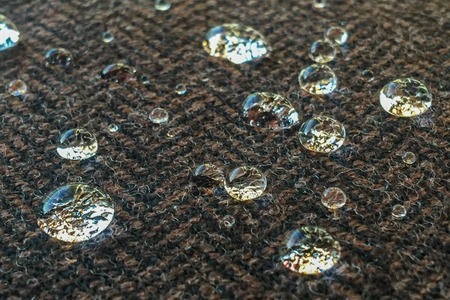
Technology enhancement strengthens Loop's position as innovation leader in the PET and polyester fiber upcycling industry
YarnsandFibers News Bureau 2018-06-27 12:56:00 – QuebecLoop’s Generation II technology is importantly more well organised and productive than the Generation I process, including a considerable reduction in energy use and the complete elimination of water indicating that it may be the most resource efficient process for upcycling PET and polyester fiber in the world.
The most remarkable change introduced in the Generation II technology is Loop’s decision to produce a monomer from which it makes Loop™ PET resin and polyester fiber from terephthalic acid (PTA) to dimethyl terephthalate (DMT).
Loop’s short-term prime concern will be large-scale commercialization of this Generation II technology to respond to the demands of brand owners who have committed to aspiring sustainability targets, which can now be achieved through the use of Loop™ PET and polyester resin.
Daniel Solomita, CEO & Founder, Loop Industries, Inc said that, “Our Generation II technology is a major step forward in sustainable plastic.†He quoted that, “It further reinforces our confidence that upcycling waste PET and polyester fiber will be cost effective, scalable and very efficient on a commercial scale, which means we can help divert even more waste plastic from landfill and help prevent it from ending up in our rivers and oceans.â€
Mr. Solomita added that, “Producing DMT during depolymerization allows us to streamline our technology and eliminate even more resources, time and cost needed to yield PET monomers of the highest purity.â€
Few days back (Nasdaq:LOOP) Loop Industries, Inc. announced that they have successfully activated the next generation of their waste PET and polyester fiber upcycling technology which now allows for the continuous production of Loopâ„¢ PET products.
About Loop Industries, Inc.
Loop’s mission is to accelerate the world’s shift toward sustainable plastic and away from our dependence on fossil fuels. Loop has created a revolutionary technology poised to disrupt the plastics industry. This ground-breaking technology decouples plastic from fossil fuels by depolymerizing waste polyester plastic to its base building blocks (monomers). The monomers are then repolymerized to create virgin-quality polyester plastic that meets FDA requirements for use in food-grade packaging. Loop™ branded polyester resin allows consumer goods companies to meet and exceed their stated sustainability goals and circular ambitions.
Market Intelligence
Ask for free sample Report

experience
Customer Base
dedicated team
Countries Served Worldwide









